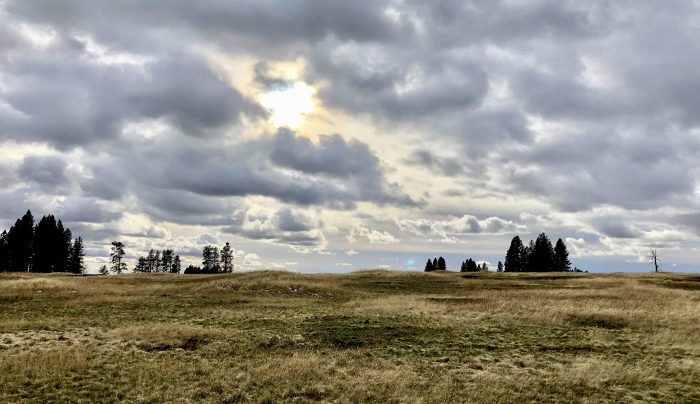You’ll have to forgive me for all the depressing death posts of late, but I couldn’t not say something about the legendary pianist Chick Corea, who died Tuesday from a rare form of cancer. He was 79.
No matter what his creative output—whether it was the work with Miles Davis in the late 60s, the duets with vibraphonist Gary Burton, the jazz-rock explorations with Return to Forever, or the late-80s Elektric Band—Corea had a profound influence on the development of my musical vocabulary.
I was in Paris in the summer of 1989. My friend Tom and I had just spent several hours exploring the Louvre, and needed some time to process the fact that we had just been in the presence of the Mona Lisa, the Venus de Milo, and the Winged Victory of Samothrace.
Emerging from the museum and squinting into the late afternoon sun, we set our sights on the Place de la Concorde, less than a mile distant. (Having been to Notre Dame that morning, it made sense to us to head in the opposite direction.) We had just entered Tuileries Garden when we heard the sound of a piano—a sound that, though faint, was familiar to both of us.
“Is it…?”
“Nah. Couldn’t be.”
“Yeah, you’re probably right.”
“But this is Paris. Maybe….”
Tom and I followed our ears until we came across a small crowd of spectators gathered in front of a portable stage. And on that stage, practically within spitting distance, was Chick Corea, performing with bassist John Patitucci. It was one of those magical moments that seems, in retrospect, too far-fetched to be true.
We watched the remainder of the set, marveling not only at the musicianship on display, but also at the relative indifference of the crowd. Parisians, I thought. They’re too cool even for Chick.
I got a text from Tom late last night. He asked if I remembered that afternoon.
How could I forget? Rest in peace, Mr. Corea.



